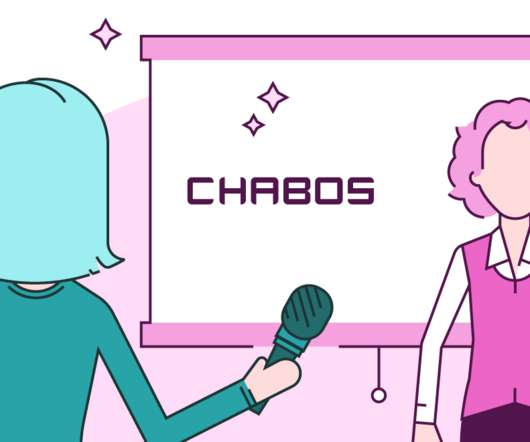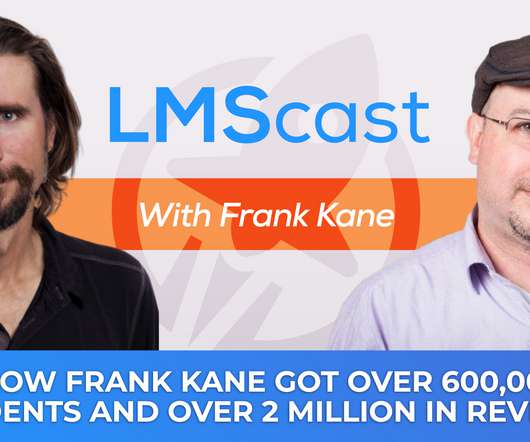How Social Networks Can Harness the Power of Weak Ties | Social.
Dashe & Thomson
MAY 11, 2011
For example, Harvard professor Andrew McAfee sums up the Strength of Weak Ties theory nicely, describing how acquaintances with whom we are less familiar are more likely to tell us things we don’t already know: … People we don’t know all that well are hugely valuable in our work. The clustering of employee groups was not the surprising thing.











































Let's personalize your content